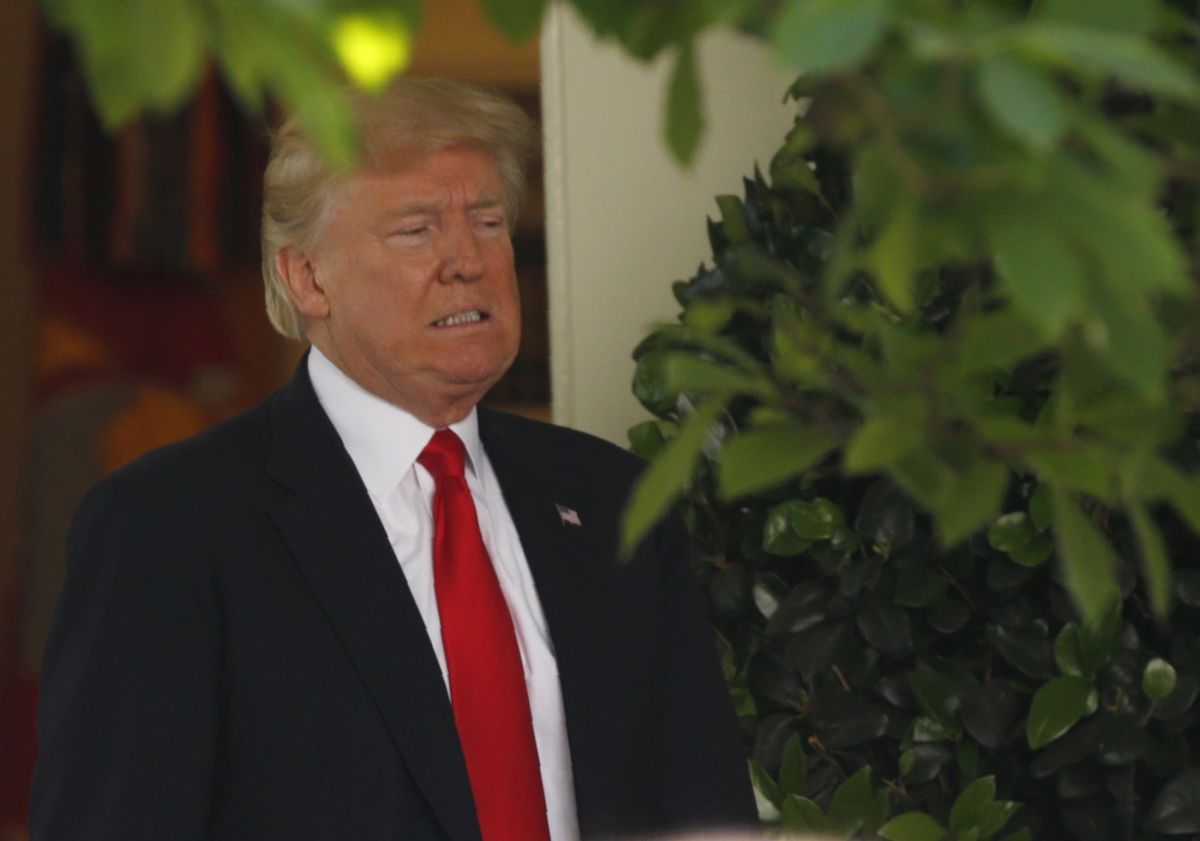
Unknown to the public at the time, top Trump administration officials, almost as soon as they took office, tasked State Department staffers with developing proposals for the lifting of economic sanctions, the return of diplomatic compounds and other steps to relieve tensions with Moscow, according to Yahoo News.
These efforts to relax or remove punitive measures imposed by President Obama in retaliation for Russia's intervention in Ukraine and meddling in the 2016 election alarmed some State Department officials, who immediately began lobbying congressional leaders to quickly pass legislation to block the move, the sources said.
"There was serious consideration by the White House to unilaterally rescind the sanctions," said Dan Fried, a veteran State Department official who served as chief U.S. coordinator for sanctions policy until he retired in late February. He said in the first few weeks of the administration, he received several "panicky" calls from U.S. government officials who told him they had been directed to develop a sanctions-lifting package and imploring him, "Please, my God, can't you stop this?"
Fried said he grew so concerned that he contacted Capitol Hill allies — including Sen. Ben Cardin, D-Md., the ranking minority member on the Senate Foreign Relations Committee — to urge them to move quickly to pass legislation that would "codify" the sanctions in place, making it difficult for President Trump to remove them.
Read alsoBloomberg: Senators propose stronger U.S. sanctions against RussiaTom Malinowski, who had just stepped down as President Obama's assistant secretary of state for human rights, told Yahoo News he too joined the effort to lobby Congress after learning from former colleagues that the administration was developing a plan to lift sanctions — and possibly arrange a summit between Trump and Russian president Vladimir Putin — as part of an effort to achieve a "grand bargain" with Moscow.
"It would have been a win-win for Moscow," said Malinowski, who only days before he left office announced his own round of sanctions against senior Russian officials for human rights abuses under a law known as the Magnitsky Act.
The lobbying effort produced some immediate results: On Feb. 7, Cardin and Sen. Lindsay Graham introduced bipartisan legislation to bar the administration from granting sanctions relief without first submitting a proposal to do so for congressional review.
The proposed bill lost some of its urgency six days later when Flynn resigned as White House national security adviser following disclosures he had discussed political sanctions relief with Kislyak during the transition and misrepresented those talks to Vice President Mike Pence. After that, "it didn't take too long for it to become clear that if they lifted sanctions, there would be a political firestorm," Malinowski said.

